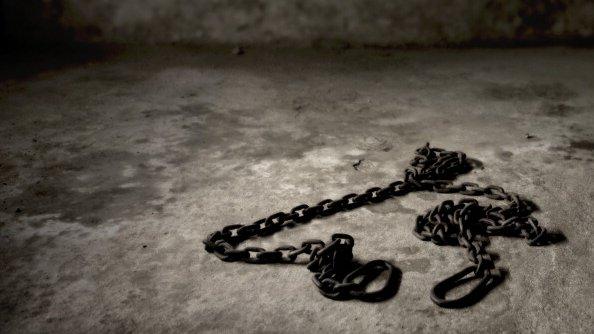Luton street named after slave owner Robert Hibbert 'should be renamed'
- Published
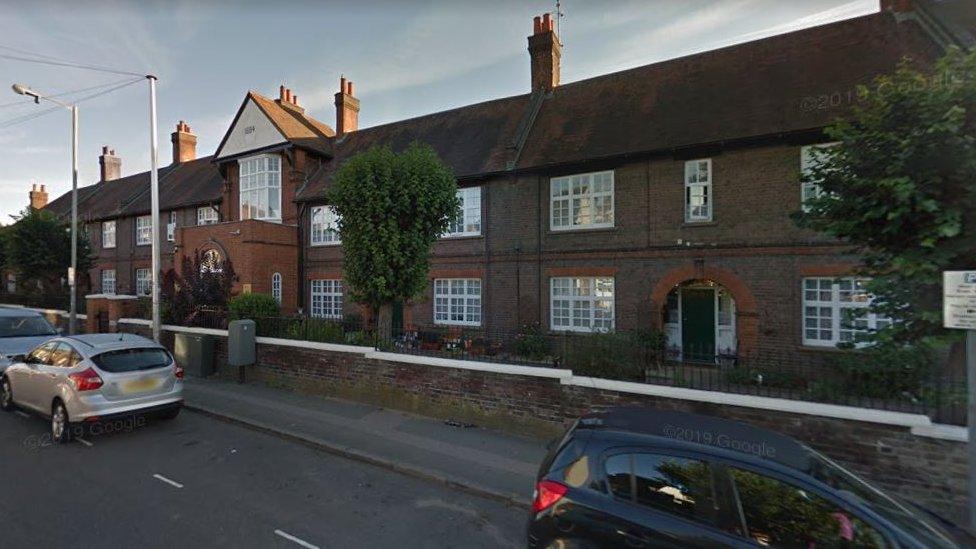
Robert Hibbert used wealth from his Jamaican slaves to help widows in Luton
A street named after a "particularly inhumane" 19th Century slave owner should be renamed, a council has said.
Robert Hibbert used wealth earned from Jamaican plantations to endow a Luton charity for poor widows, which is now in the town's Hibbert Street.
Luton Borough Council leader Hazel Simmons said the name was tainted by "the darkness of the past".
The council cannot legally change the name without first consulting the street's residents.
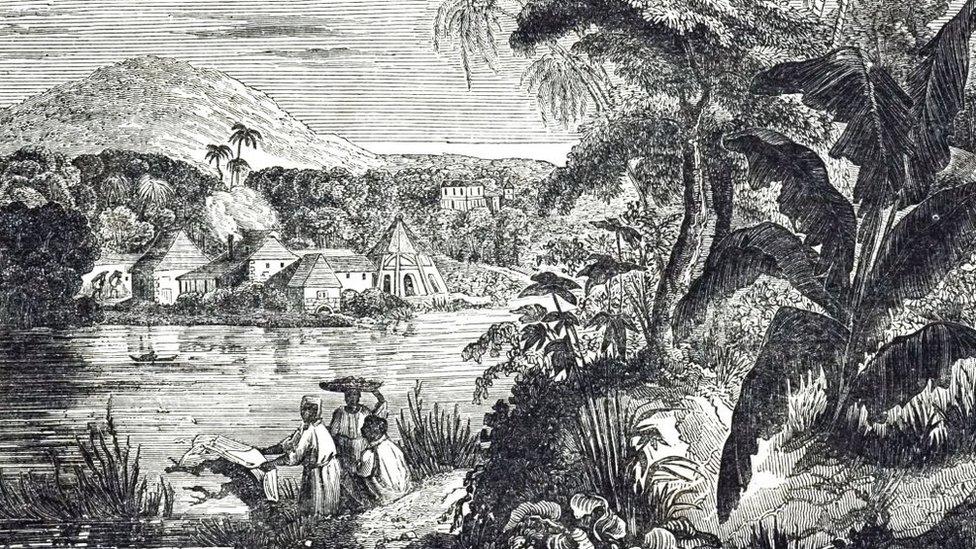
While the slave owners were compensated for loss of property in 1833, the freed slaves had to work for their former owners for six years as "apprentices"
Ms Simmons said: "When we lit up the town hall a few weeks ago in support of the Black Lives Matter movement we made a commitment to the community to demonstrate this through actions, not just words."
Mr Hibbert worked in his family's merchant house in Jamaica for 11 years, trading in slave-produced goods, before returning to the UK in 1803.
He bought an estate in Bedfordshire and in 1819 paid for 12 cottages in Luton for 24 "poor widows or other persons".
These were later demolished and rebuilt as almshouses in the road now called Hibbert Street.
'Harsh treatment'
The council said that even for the time the conditions on his Jamaica property were considered "particularly inhumane".
Evidence of their harsh treatment was gathered by a Unitarian minister sent by Mr Hibbert in 1817 to bring Christianity to his slaves.
The minister's testimony was used in publications by campaigners who opposed slavery.
The University of London's Legacies of British Slave-ownership database reveals Mr Hibbert received £16,000, external to compensate him for no longer owning 852 men, women and children when slavery in the British Empire was abolished by Parliament in 1833.
This is worth about £2m today, external.
The council said it would start the process of consulting Hibbert Street residents about the proposed change of name in the next few weeks.
- Published1 July 2020
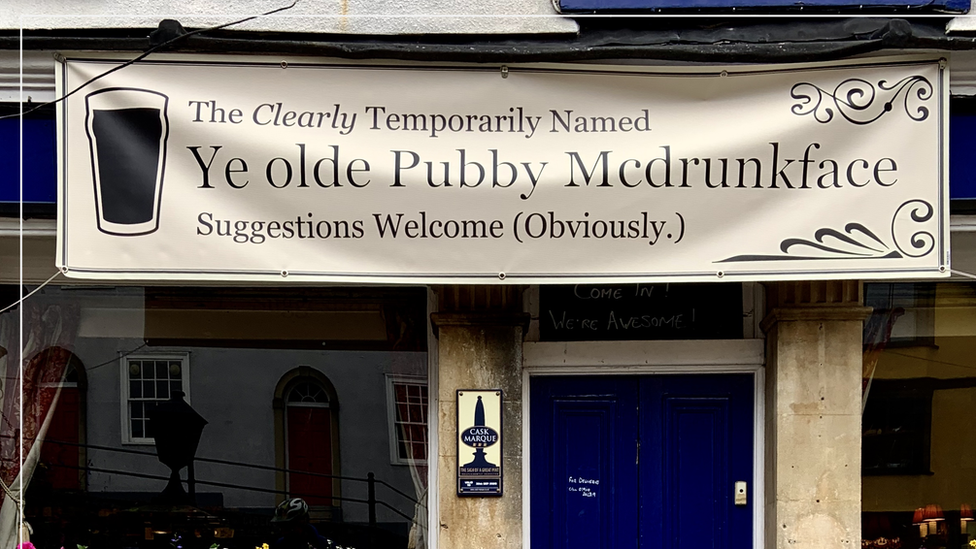
- Published10 June 2020
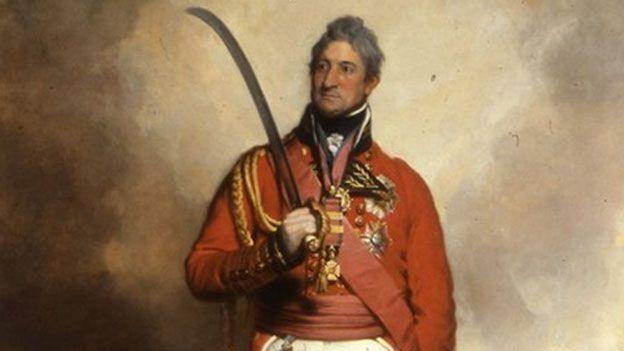
- Published9 June 2020
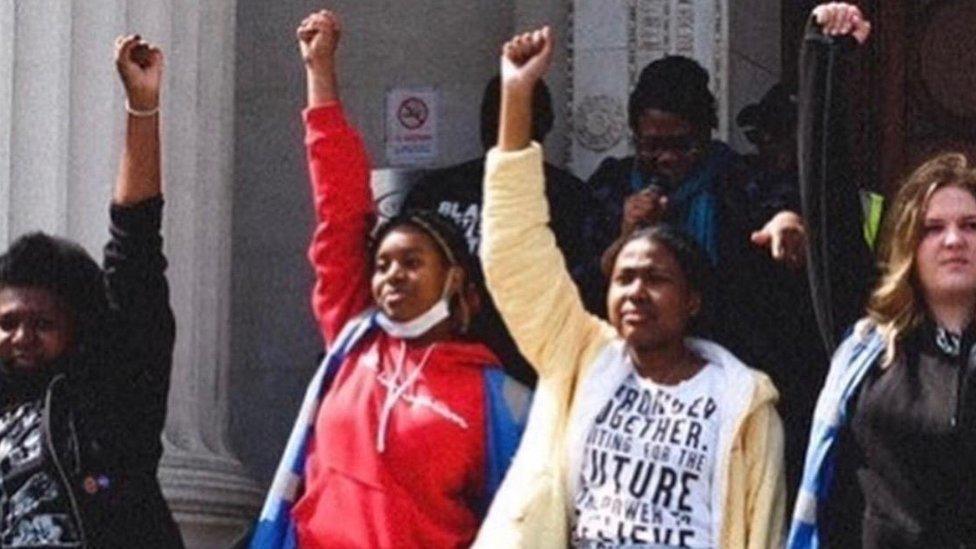
- Published9 June 2020
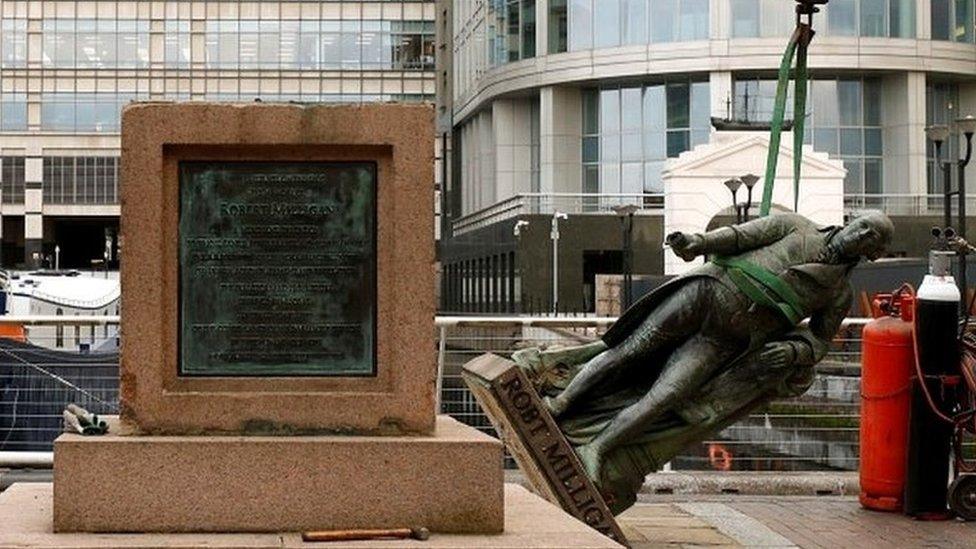
- Published27 February 2013
